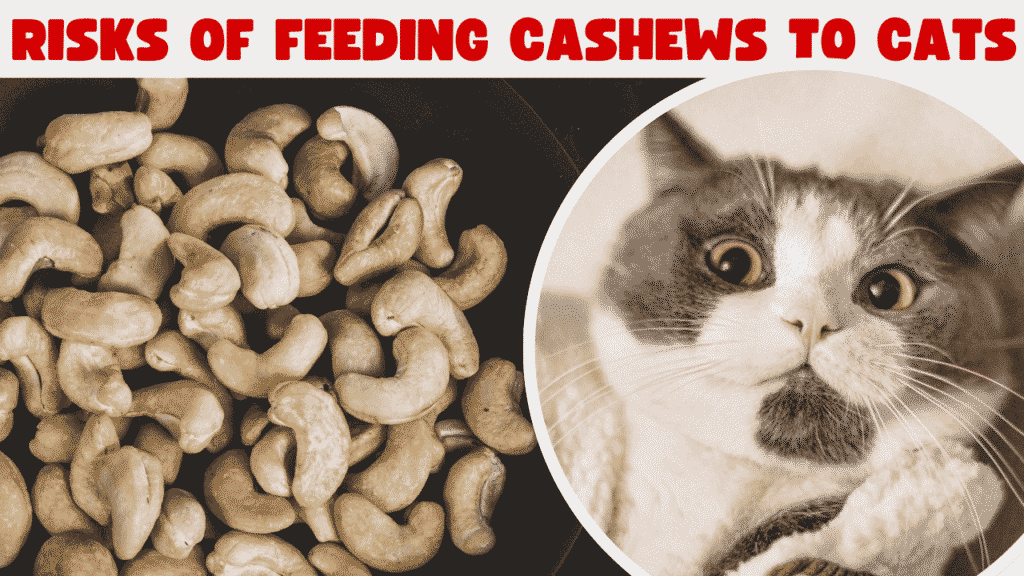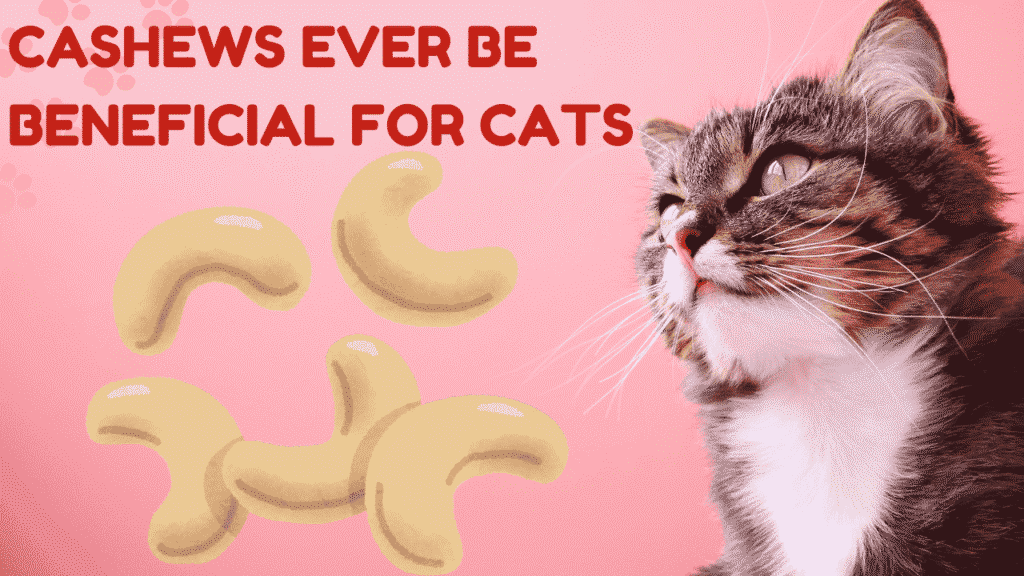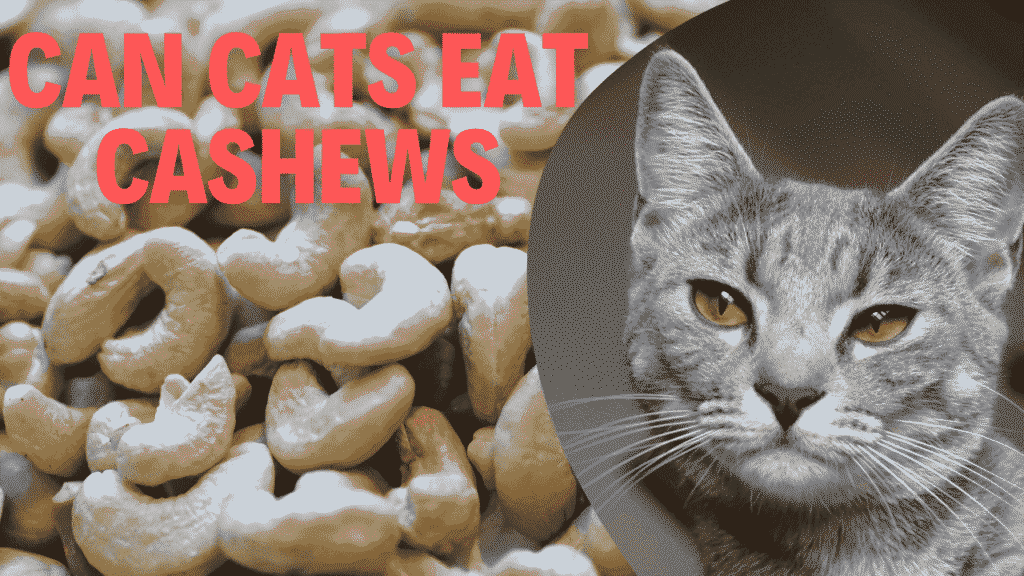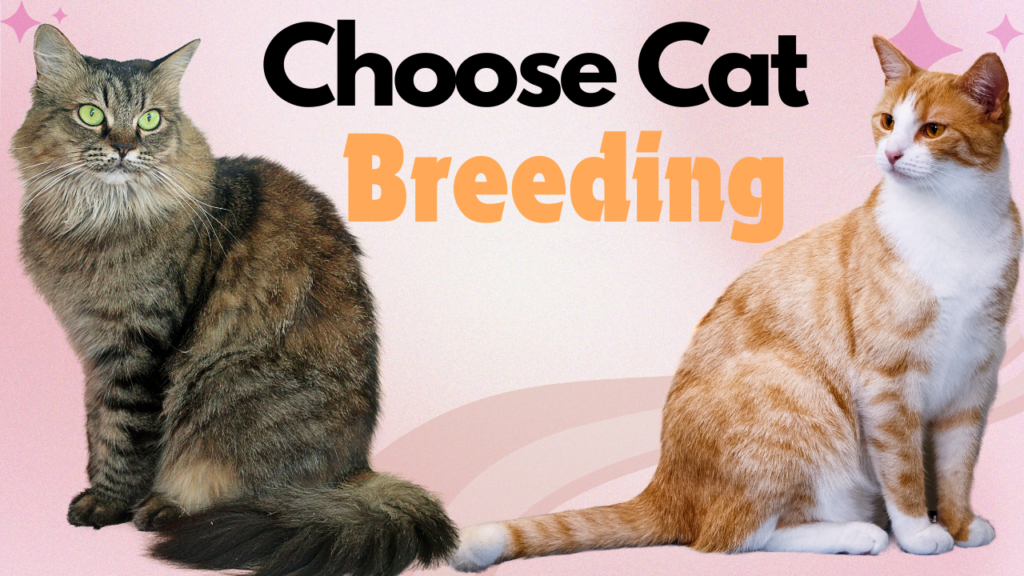As devoted pet owners, we often wonder about the safety of sharing our favorite snacks with our feline friends. Cashews, a popular nut known for their creamy taste and nutritional value, are often questioned when it comes to cats. In this article, we will explore whether cats can eat cashews, their potential benefits, risks, and how to handle accidental ingestion.
Are Cashews Safe for Cats?
Cashews are generally not toxic to cats in small amounts, meaning they are unlikely to cause immediate harm. However, it’s essential to understand that a cat’s dietary needs are very different from those of humans.Cats are obligate carnivores, meaning they depend on meat-based diets to maintain their health and well-being. Cashews, while rich in fats and nutrients beneficial for humans, do not offer significant nutritional benefits for cats.
Nutritional Content of Cashews
Cashews provide a rich supply of healthy fats, proteins, and essential minerals like magnesium, phosphorus, and potassium. For humans, these nutrients contribute to heart health, energy production, and overall well-being. However, for cats, these components pose potential risks:
- High Fat Content: Cashews are calorie-dense and high in fat, which can lead to obesity and pancreatitis in cats if consumed in large quantities.
- Sodium Levels: Salted cashews contain high amounts of sodium, which is harmful to cats and may result in dehydration, hypertension, or even salt poisoning.
- Digestive Challenges: Cats may have difficulty digesting nuts due to their lack of enzymes specifically suited for processing such foods.
Potential Risks of Feeding Cashews to Cats
Even though cashews are not inherently poisonous, feeding them to your cat can lead to several issues:
1. Obesity and Weight Gain
The high fat content in cashews can quickly contribute to excessive calorie intake, especially for indoor cats with limited physical activity. Over time, this can lead to obesity, which is linked to numerous health problems such as diabetes and joint issues.
2. Pancreatitis
Pancreatitis refers to the swelling of the pancreas, commonly caused by consuming diets rich in fats. Cashews, due to their fat concentration, may increase the risk of this painful and potentially life-threatening condition.
3. Allergic Reactions
Though rare, cats may develop allergic reactions to certain foods, including nuts. Signs of an allergic reaction may include vomiting, diarrhea, itching, and swelling.
4. Gastrointestinal Upset
Cats are not equipped to digest cashews efficiently. As a result, consuming cashews can cause stomach upset, including vomiting, diarrhea, or constipation.

Signs of Cashew Toxicity or Overconsumption in Cats
If your cat has eaten a large quantity of cashews or is exhibiting unusual behavior after consuming them, watch for the following symptoms:
- Vomiting or Diarrhea
- Lethargy
- Loss of Appetite
- Excessive Thirst or Urination
- Tremors or Seizures
In such cases, it is crucial to contact your veterinarian immediately for guidance.
What to Do if Your Cat Eats Cashews
If your cat accidentally eats a small amount of cashews, there is usually no need to panic.pay close attention to your pet for any indications of discomfort or distress. However, if your cat consumes a large quantity or if the cashews were salted or flavored, take the following steps:
- Remove the Source: Ensure that your cat cannot access more cashews.
- Monitor Symptoms: Keep a close eye on your cat for any signs of gastrointestinal upset or toxicity.
- Contact a Veterinarian: If symptoms appear or if you are concerned about the amount consumed, consult your veterinarian for advice.
Are There Any Safe Alternatives for Cats?
If you want to treat your cat, there are many safer and healthier alternatives, including:
- Cooked Meat: Plain, cooked chicken, turkey, or fish, cut into small pieces, make excellent treats for cats.
- Commercial Cat Treats: These are specifically designed to meet a cat’s dietary requirements.
- Catnip or Cat Grass: These natural options can be both enjoyable and beneficial for your cat.

Can Cashews Ever Be Beneficial for Cats?
While cashews are not necessary or recommended for a cat’s diet, a single unsalted cashew on rare occasions is unlikely to cause harm.nonetheless, the potential dangers greatly surpass any insignificant benefits. It is always better to focus on species-appropriate foods for your feline companion.
Tips for Keeping Cashews Away from Cats
To avoid accidental ingestion, follow these precautions:
- Store Nuts Securely: Keep cashews and other nuts in sealed containers out of your cat’s reach.
- Avoid Eating Cashews Around Your Cat: Cats are curious creatures and may attempt to snatch food from your plate.
- Educate Family Members: Ensure everyone in your household understands the risks of feeding cashews to your cat.
Conclusion
although cashews are not poisonous to cats, they are not advisable as a regular component of a cat’s diet. The potential risks, including obesity, pancreatitis, and digestive upset, make these nuts an unsuitable snack for our carnivorous companions. It is always best to stick to cat-friendly treats that align with their nutritional needs.
By understanding your cat’s dietary requirements and taking preventive measures, you can ensure a healthy and happy life for your furry friend.
# : if you want to more information of this topic to click here see more
# : READ ANOTHER POSTS
1 : Can Cats Eat Mushrooms? Everything You Need to Know
2 : Can Cats Eat Turkey? A Comprehensive Guide for Pet Owners


